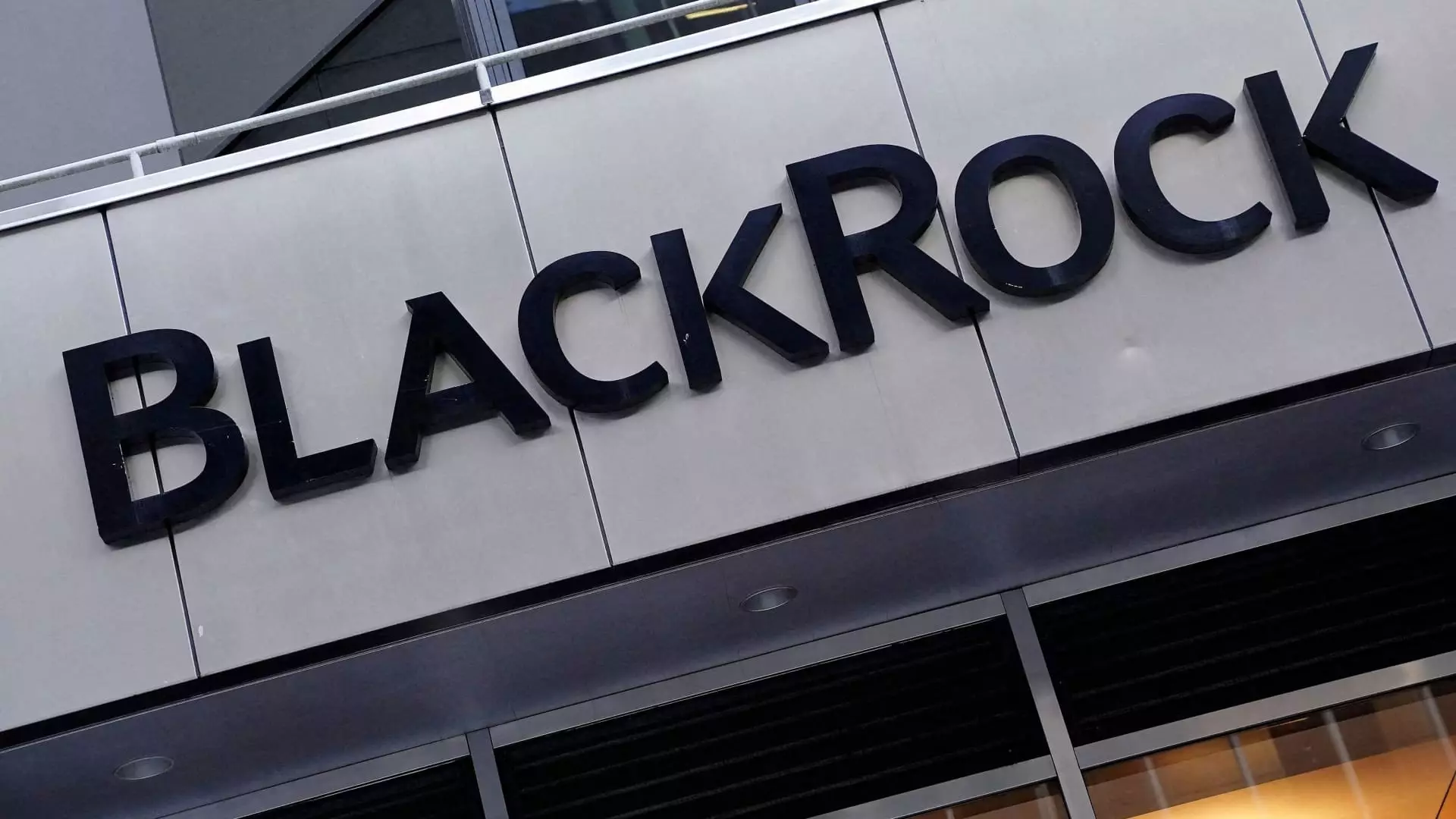In an era where finance continuously seeks innovation, BlackRock’s recent decision to broaden the scope of its tokenized money market fund exemplifies the infrastructural transformation occurring within the investment sector. The global investment manager has embraced not only the blockchain technology that underpins cryptocurrencies but has also strategically expanded its offerings to multiple platforms, enhancing accessibility for investors in the rapidly evolving digital finance landscape.
BlackRock announced that its USD Institutional Digital Liquidity Fund, dubbed “BUIDL,” would now be available on several prominent blockchain networks, including Aptos, Arbitrum, Avalanche, Optimism (OP Mainnet), and Polygon. This move follows the initial launch of the BUIDL fund on the Ethereum blockchain back in March. By accommodating multiple blockchain ecosystems, BlackRock is positioning itself as a versatile player in the digital asset space, catering to diverse investor needs and preferences. The fund allows investors to earn U.S. dollar yields through a blockchain-centric approach, thereby marrying traditional finance with cutting-edge technology.
The essence of tokenized financial products lies in the concept of turning tangible assets into digital tokens. This method opens the door for a range of assets, potentially granting investors more efficient and transparent access to traditional assets. As Robert Mitchnick, BlackRock’s head of digital assets, has articulated, the irony of taking traditional financial exposures and integrating them into a crypto-native framework signifies a monumental shift. The fusion of conventional investment paradigms with blockchain technology heralds the emergence of next-generation financial infrastructure.
The announcement of the expansion came in tandem with a notable resurgence in cryptocurrency valuations, particularly following Donald Trump’s recent presidential election win. Market observers noted significant gains in various tokens, heralding a potential pivot towards more favorable regulatory environments for crypto assets. Given that the previous administration’s stance leaned towards stricter regulations, Trump’s platform promises a shift that could restore investor confidence and catalyze growth in decentralized financial projects.
Despite the enthusiasm surrounding decentralized finance (DeFi), the sector is grappling with regulatory uncertainties. Notably, tokens from certain DeFi initiatives have faced challenges following the U.S. Securities and Exchange Commission’s classification of specific assets as securities, raising concerns over the legitimacy and sustainability of these projects. The necessity for clearer regulatory guidelines is paramount for the long-term viability of DeFi, as evidenced by the tumultuous actions taken against major entities like Binance and Coinbase.
BlackRock’s strategic expansion of its tokenized money market fund marks a significant development in the landscape of digital finance. By embracing a variety of blockchain platforms and promoting the tokenization of assets, BlackRock is not only pushing traditional finance towards modernization but is also signaling a broader acceptance and integration of blockchain technologies within the financial ecosystem. The future will likely see a confluence of traditional and decentralized finance, assuming regulators can provide clarity that fosters innovation while ensuring investor protection.

